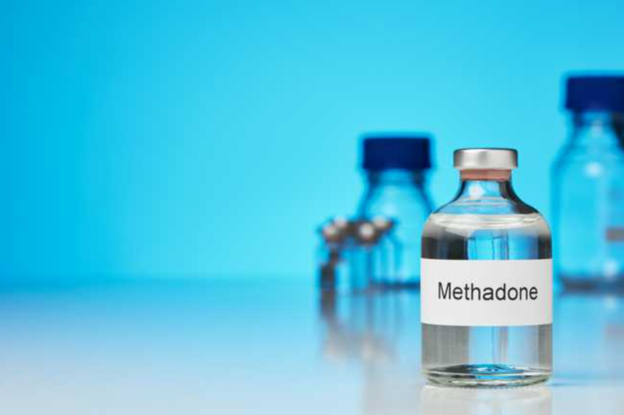1. Exercise
However, one thing you can do to help cope with these symptoms can be doing some type of exercise to try and keep your mind off of it.
Some people like doing something simple like going for a walk or running. Any type of aerobic activity will help you feel better as your brain releases endorphins. This can be a great, natural way to help your brain restore a natural chemical balance.
In addition to that, exercise is also great at relieving stress and easing tension in your body. It can also help you feel better by getting in shape and improving your self-esteem.
2. Get Professional Care
You should never have to go through withdrawal symptoms alone, so you should think about finding a detox facility that can monitor you. They’ll make sure that you’re safe and will do everything you can to help relieve all of your symptoms.
If you don’t want to go to a facility, you can do it at home, but make sure that you are always in contact with your doctor. Always talk with them before you decide to start anything.
3. Try Other Medications
It sounds counterintuitive, but sometimes trying other medications can help to relieve your symptoms.
However, make sure that you always talk with your doctor or other professional to make sure you aren’t going to be making your symptoms worse.
4. Build Emotional Support
Having some emotional support on your side might not take away the physical symptoms, but it can help to ease some of the mental ones.
You’ll need someone by your side during a difficult transition period, and you’ll be surprised by how much it can help.
If you are going to do a detox at home, make sure that someone can be there with you or at least check up on you.
Sometimes people feel like they can have no one to turn to, but there are plenty of support groups that can help you as well. There are methadone addiction support groups, where people will be able to offer advice, tell their stories, and give you support to let you know that you’re not going through it alone.
One of the most important things you’ll also get from a support group is also having someone hold you accountable.
5. Have a Healthy Diet
You should also try and eat a balanced diet and stay hydrated.
You should eat meals that have a lot of essential vitamins and protein because these are important for restoring your body function and your brain health.
The alcohol and drugs will take away all the nutrients in your body, so while you’re going withdrawal, make sure you try and ease the symptoms by eating only healthy foods. Try not to eat any sugars, oils, or saturated foods because these can actually make you feel worse.
6. Maintain a Good Sleep Schedule
When you sleep, your body starts to repair and heal itself, which you’ll really need when going through withdrawal.
Feeling well-rested will also help give you the mental energy to deal with the feelings of anxiety and depression you’ll likely experience.
In order to get some good sleep, you can try doing some relaxation techniques, like meditation.
7. Do Yoga or Meditation
Some people enjoy doing yoga because it’s relaxing and can act as a meditation as well, which can help get rid of the cravings. Yoga has also been said to help people feel more balanced and focused.
It’s also great because the stretching can help your blood move and circulate throughout your body, which can help to alleviate tension and reduce some of the pain in your muscles.
Guided breathing also makes you feel more in tune with your body and understand some of the emotional responses and reactions.
Discover More of the Methadone Withdrawal Coping Mechanisms
These are only a few of the methadone withdrawal coping mechanisms, but there are many more that you might find helpful.
The important thing is to have a professional oversee your withdrawal period and help you through it. The experts know best how to help you manage your symptoms.
If you need help detoxing, make sure that you contact us today!
Medically Reviewed: September 25, 2019
Medical Reviewer
Chief Editor
About
All of the information on this page has been reviewed and verified by a certified addiction professional.
Dr Ashley Murray obtained her MBBCh Cum Laude in 2016. She currently practices in the public domain in South Africa. She has an interest in medical writing and has a keen interest in evidence-based medicine.
All of the information on this page has been reviewed and verified by a certified addiction professional.




